Herbert Marcuse
description: a German-American philosopher and sociologist, known for his association with the Frankfurt School of Critical Theory
109 results
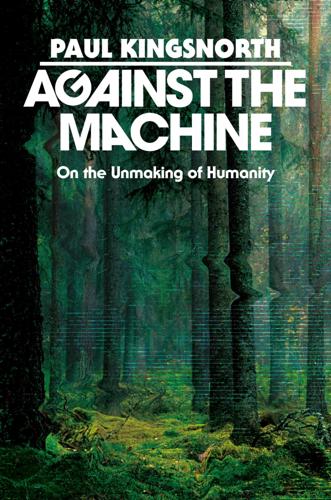
Against the Machine: On the Unmaking of Humanity
by Paul Kingsnorth · 23 Sep 2025 · 388pp · 110,920 words
in a post-natural world. The Canadian ‘Red Tory’ philosopher George Grant once observed that ‘the directors of General Motors and the followers of Professor [Herbert] Marcuse sail down the same river in different boats.’ These days, they have abandoned their separate vessels and are sailing downstream in a superyacht together, while
…
both helped, wittingly or unwittingly, to undermine the foundational assumptions of Western Christianity, thus unmooring the culture from its spiritual roots. Finally, figures such as Herbert Marcuse and Wilhelm Reich provided the justification for the removal of sexual taboos which exploded in the sixties counter-culture and brought us into the pornified
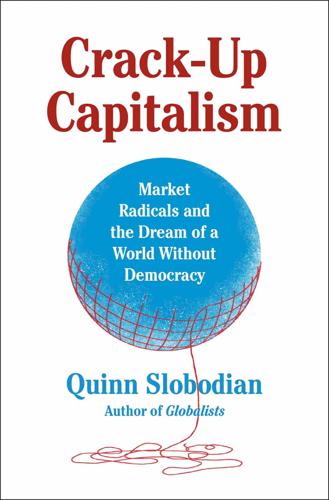
Crack-Up Capitalism: Market Radicals and the Dream of a World Without Democracy
by Quinn Slobodian · 4 Apr 2023 · 360pp · 107,124 words
both the Global North and the Global South. People’s choice to divorce, have children out of wedlock, or loll around on university campuses studying Herbert Marcuse and Karl Marx had strained government budgets.30 There was no such mollycoddling in Hong Kong. What made such discipline possible was first and foremost
…
and Balaji Srinivasan, “#3 Network State with Balaji Srinivasan, former CTO of Coinbase and Founder of 1729,” The Deep End, podcast, May 26, 2021. 26. Herbert Marcuse, One-Dimensional Man: Studies in the Ideology of Advanced Industrial Society (Boston: Beacon Press, 1964); and Naomi Klein, No Logo: Taking Aim at the Brand
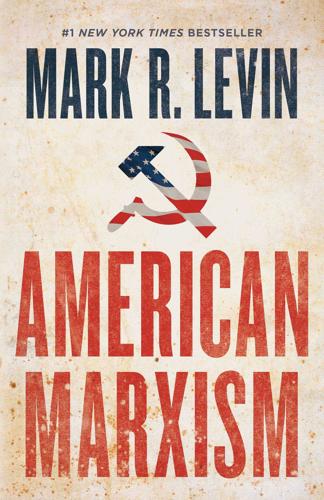
American Marxism
by Mark R. Levin · 12 Jul 2021 · 314pp · 88,524 words
political organization in favor of strategies of mass protest, direct actions, and civil disobedience.”25 The movement was greatly influenced by a German-born Marxist, Herbert Marcuse, who, expectedly, was a fierce anticapitalist. Also, unsurprisingly, Marcuse taught at several American universities during his career, including Columbia, Harvard, and Brandeis. A prolific writer
…
quo, in accordance with Marx’s famous statement: ‘Philosophers have hitherto only interpreted the world in various ways; the point is to change it.’ ”2 Herbert Marcuse is credited with hatching the Critical Theory ideology from which the racial, gender, and other Critical Theory–based movements were launched in America. As mentioned
…
, and their Marxist roots, is undeniable. As should be clear, the Critical Theory movement, born and developed by German Marxists, chief among them the late Herbert Marcuse, is more influential in the Oval Office, the halls of Congress, university and college classrooms, public schools, corporate boardrooms, the media, Big Tech, and the
…
Guide to Modern Social and Political Theorists, eds. Noel Parker and Stuart Sun (London: Routledge, 1997), 238. 28 Herbert Marcuse, One Dimensional Man (Boston: Beacon Press: 1964), 3. 29 Ibid. 30 Ibid., 4. 31 Herbert Marcuse, “The Failure of the New Left?” in New German Critique 18 (Fall 1979), https://www.marcuse.org/herbert
…
/ (April 8, 2021). 11 Ibid. 12 Thomas Sowell, Intellectuals and Society (New York: Basic Books, 2011), 468. 13 Ibid., 469. 14 Ibid. 15 Ibid. 16 Herbert Marcuse, One-Dimensional Man: Studies in the Ideology of Advanced Industrial Society (Boston: Beacon Press, 1991), 256–57. 17 Faith Karimi, “What critical race theory is
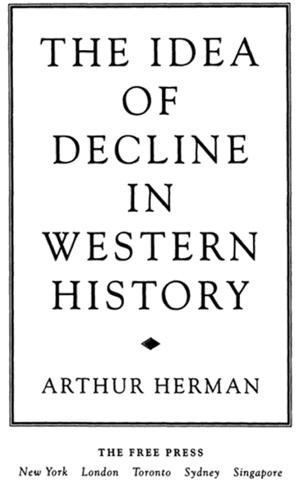
The Idea of Decline in Western History
by Arthur Herman · 8 Jan 1997 · 717pp · 196,908 words
The Decline of the West 8. Welcoming Defeat Arnold Toynbee PART THREE THE TRIUMPH OF CULTURAL PESSIMISM 9. The Critical Personality The Frankfurt School and Herbert Marcuse 10. The Modern French Prophets Sartre, Foucault, Fanon 11. The Multiculturalist Impulse 12. Eco-Pessimism The Final Curtain Afterword Notes Bibliography Acknowledgments Index INTRODUCTION Every
…
everything that characterizes modern man,” Nietzsche wrote in 1885. In fact, a straight line of descent runs from Nietzsche and his disciples Martin Heidegger and Herbert Marcuse, to the Unabomber and beyond: a line of descent that produced a single view of the modern West, summed up in
…
Herbert Marcuse’s One Dimensional Man: “A comfortable, smooth, reasonable, democratic unfreedom prevails in advanced industrial civilization, a token of technical progress.” For the cultural pessimist, the
…
this baneful Jewish influence, including both Communism and Nazism. PART THREE THE TRIUMPH OF CULTURAL PESSIMISM CHAPTER 9 THE CRITICAL PERSONALITY The Frankfurt School and Herbert Marcuse Terror and civilization are inseparable. —M. Horkheimer and T. Adorno, The Dialectic of Enlightenment , 1944 Karl Liebknecht and Rosa Luxemburg were fugitives on the run
…
was not whether the modern West was doomed but why. The answer the Frankfurt School critics—Max Horkheimer, Theodor Adorno, Franz Neumann, Erich Fromm, and Herbert Marcuse—developed meant abandoning the old-fashioned Marxist faith in progress and scientific rationality for a far more despairing vision of the future. Marxism provided a
…
neurotic and dysfunctional human type, who surfaced not just in liberal bourgeois society but among its right-wing fascist antagonists as well. Erich Fromm and Herbert Marcuse would later insist that any remaining hope for human freedom required overthrowing the bourgeois mechanisms of psychological repression as well as class oppression. The other
…
unpublished until almost half a century after his death, in 1932. Their release to the public forced Marxists, including the members of the Frankfurt School (Herbert Marcuse was one of the first to work on them), to radically revise their thinking about the development of Marx’s ideas. In 1844 Marx was
…
refuge. Columbia University’s president, Nicholas Butler, was a political conservative but also a strong believer in academic freedom and diversity (a point of view Herbert Marcuse would later attack as “repressive tolerance”). At the urging of his faculty, Butler gave the Marxist group a building on 117th Street, with offices for
…
staff and visiting scholars. Horkheimer and Adorno were soon joined by two other institute members, Erich Fromm and Herbert Marcuse. Ensconced in Morningside Heights amidst an unfamiliar sea of American affluence, Horkheimer’s tiny coterie proceeded to shut their gates against the vibrant polyglot society
…
preferably) from the safety of the classroom or the pages of a scholarly journal. Since the negative critic, like C. Wright Mills at Columbia or Herbert Marcuse at Brandeis University, had already declared his spiritual independence from a moribund social and cultural system, he was no longer part of it, even as
…
OF FREUD Is not the individual who functions normally, adequately, and healthily as a citizen of a sick society—is not such a person sick? —Herbert Marcuse In the end, the Frankfurt School’s historical pessimism rested on a crude parallel between America and pre-Nazi Weimar: both were seen as lifeless
…
” fascist movement in America, like the absence of any “genuine” anti-Semitism, was in fact a sign of how far the corruption had spread. As Herbert Marcuse put it somewhat later, “The fact that we cannot point to an SS or SA here, simply means that they are not necessary in this
…
products, who directed their sadistic energies at anyone who was different or vulnerable. “The world of the concentration camps was not an exceptionally monstrous society,” Herbert Marcuse would later write. “What we saw there was … the quintessence of the infernal society into which we are plunged every day.”50 Adorno’s most
…
-Semitism or even the authoritarian personality. At their epicenter lay a “sick” Western civilization, lashing out to corrupt or destroy everything in its lethal embrace. HERBERT MARCUSE: THE PROMISE OF UTOPIA The Dialectic of Enlightenment appeared almost simultaneously with the D-day invasion, marking the beginning of the end for Hitler’s
…
unrelieved as Henry Adams’s—the intellectual, he lamented, must live with “the shame of still having air to breathe, in hell”*—his younger colleague Herbert Marcuse assumed a different stance. Like Adorno and Horkheimer, Marcuse would stress the inevitable death of the West by its own hand, not so much through
…
After the war they would cost him his rectorship and academic honors, as well as the friendship and respect of many colleagues and students (including Herbert Marcuse). Yet it says something about Sartre’s own political naivete that he was oblivious to the lesson in this. He did not actually read Heidegger
…
was the young Leo Strauss. * The similarity to The Dialectic of Enlightenment is striking and not coincidental—it reflects the hand of Nietzsche on both. Herbert Marcuse studied with Heidegger in the late twenties, while Adorno and Horkheimer both felt the power of Heidegger’s ideas and targeted him as an important
…
put it, and “civilization [passes] into history.”1 In the seventies, environmentalism acquired a powerful dose of cultural pessimism derived from by-now-familiar sources: Herbert Marcuse, Martin Heidegger, and Michel Foucault. Like their predecessors in the twenties and thirties, environmental pessimists were prepared to turn from analysis to action. When Michel
…
man,” he wrote in 1926, “whether or not he knows and wills it as an individual, is the functionary of technology.”35 Heidegger’s student Herbert Marcuse brought these assumptions to his own view of “post-scarcity society” in One-Dimensional Man. Its bold images of a technological capitalism poised to subjugate
…
human happiness rather than otherwise; and in the pursuit of happiness as an essentially rational activity—as a source of corruption, exploitation, and death. If Herbert Marcuse, Toni Morrison, Ronald Takaki, Michel Foucault, Noam Chomsky, Edward Said, and Murray Bookchin seem startlingly new and radical to their admirers, their words seem all
…
. 46 Wiggershaus , Frankfun School , p. 414; Adorno , et al., Authoritarian Personality , p. 249. 47 Adorno , et al., Authoritarian Personality , p. 976. 48 Quoted in Kellner , Herbert Marcuse , p. 296. 49 Quoted in Wiggershaus , Frankfun School , p. 339. 50 Quoted in Cranston , ed., Prophetic Politics , p. 88. 51 Adorno , Minima Moralia , pp. 34
…
in A. MacIntyre , Marcuse (New York, 1970). 54 Marcuse , One-Dimensional Man , p. 7; quoted in Kellner , Herbert Marcuse , p. 293. 55 Marcuse , Essay on Liberation , p. 7; Fromm , Escape From Freedom , p. 278; Kellner , Herbert Marcuse , p. 293. 56 Marcuse , One-Dimensional Man , p. 9. 57 A point developed in Frances Fox Piven
…
. 256-57. 65 Marcuse , Essay on Liberation , p. 7. 66 Marcuse , et al., Critique of Pure Tolerance , pp. 107-09; Kellner , Herbert Marcuse , p. 289. 67 Marcuse , Negations , p. 251. 68 Kellner , Herbert Marcuse , p. 299; R. Radosh , “On Hanging Up the Old Red Flag,” in J. Bunzel , ed., Political Passages , p. 224. 69
…
Marcuse , et al., Critique of Pure Tolerance , Postscript, p. 120. 70 Quoted in Kellner , Herbert Marcuse , pp. 292, 300-01. Chapter 10 1 Quoted in Hughes , Consciousness and Society , pp. 114-15. 2 Bergson , Creative Evolution , p. 294. 3 Ibid., pp
…
. Weidenfield and Nicholson, London, 1970. Keller, M. Affairs of State: Public life in Late-Nineteenth-Century America . Harvard University Press, Cambridge, MA, 1977. Kellner, Douglas . Herbert Marcuse and the Crisis of Marxism . University of California Press, Berkeley, 1984. Kelly, Alfred . The Descent of Darwin: The Popularization of Darwin in Germany 1860-1914
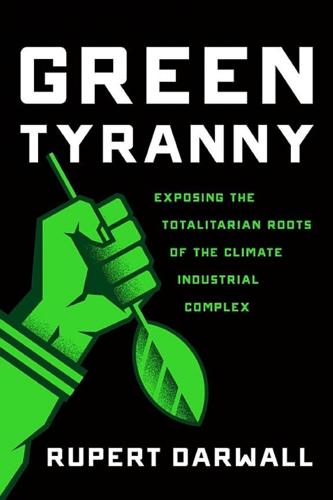
Green Tyranny: Exposing the Totalitarian Roots of the Climate Industrial Complex
by Rupert Darwall · 2 Oct 2017 · 451pp · 115,720 words
political and intellectual class became increasingly influenced by environmentalist thinkers such as the Norwegian Arne Næss, the German Fritz Schumacher, and the Frankfurt School’s Herbert Marcuse. From the mid-1970s, the Golden State led the U.S. in turning green ideology in a fight against reality, with disastrous consequences. Rising demand
…
than its formal writings. L’Express: Can we say for the students who have chosen a doctrine for their revolt that you are their theorist? Herbert Marcuse: “I have tried to show that contemporary society is a repressive society in all its aspects, that even the comfort, the prosperity, the alleged political
…
his speech at the Stockholm UN environment conference to attack the United States over the Vietnam War in language that could have been spoken by Herbert Marcuse. “The immense destruction brought about by indiscriminate bombing, by large scale use of bulldozers and herbicides is an outrage sometimes described as eco-side,” Palme
…
secular clerisy, to borrow Joel Kotkin’s term, to propagate their values through the media and into the governing bureaucracies of the state. From 1965, Herbert Marcuse was teaching the Frankfurt School’s critical theory at the University of California, San Diego; Paul Ehrlich, author of the 1968 bestseller The Population Bomb
…
Socialism from Rousseau to Foucault (Phoenix and New Berlin, WI, 2004), p. 159. 32Herbert Marcuse, “Repressive Tolerance,” in Robert P. Wolff, Barrington Moore Jr., and Herbert Marcuse, A Critique of Pure Tolerance (London, 1969), p. 98. 33Ibid., p. 125. 34Ibid., p. 119. 35Herbert Marcuse, “Repressive Tolerance,” in Robert P. Wolff, Barrington Moore
…
Jr., and Herbert Marcuse, A Critique of Pure Tolerance (London, 1969), p. 95. 36Jean-Louis Ferrier, Jacques Boetsch, and Françoise Giroud (tr. Helen Weaver), “Marcuse Defines His New Left
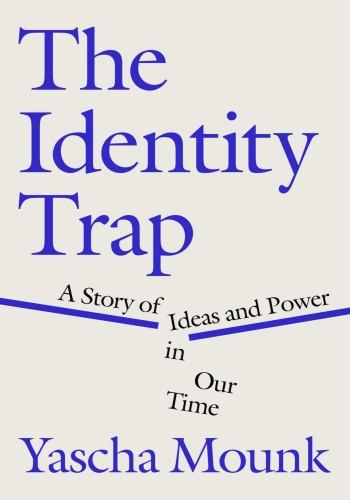
The Identity Trap: A Story of Ideas and Power in Our Time
by Yascha Mounk · 26 Sep 2023
the institutions.” In Dutschke’s original formulation, the purpose of this infiltration was to subvert and sabotage. But by 1972, when the German American philosopher Herbert Marcuse picked up on these ideas in his highly influential Counterrevolution and Revolt, the strategy had come to encompass more subtle avenues of influence. When “working
…
us, come from? THE ROOTS OF THE “PROGRESSIVE” REJECTION OF FREE SPEECH The most influential rejection of free speech from the left was formulated by Herbert Marcuse. When Adolf Hitler ascended to power, Marcuse, a German Jew, was about to take a position at the prestigious Institute for Social Research, more commonly
…
both a disdain for the traditional institutions of parliamentary democracy and a deep enmity to liberalism. Some Marxist thinkers, like Frantz Fanon, Paulo Freire, and Herbert Marcuse, even continue to influence advocates of the identity synthesis. But to equate the two ideologies is to miss that the differences and tensions between them
…
. The focus on cultural hegemony in many academic disciplines is in part inspired by Antonio Gramsci. Critiques of free speech often invoke the work of Herbert Marcuse. And one of the most widely read texts in American education schools is by Paulo Freire. There are also some striking similarities between the core
…
Institutions “long march through”: “To extend the base of the student movement, Rudi Dutschke has proposed the strategy of the long march through the institutions.” Herbert Marcuse, Counterrevolution and Revolt (Boston: Beacon Press, 1972), 55. GO TO NOTE REFERENCE IN TEXT “working against the established institutions”: Marcuse, Counterrevolution and Revolt, 55. GO
…
”: Ellen Pao (@ekp), Twitter, April 5, 2022, 7:31 p.m., twitter.com/ekp/status/1511486807451463680. GO TO NOTE REFERENCE IN TEXT in “Repressive Tolerance”: Herbert Marcuse, “Repressive Tolerance,” in A Critique of Pure Tolerance, ed. Robert Paul Wolff and Barrington Moore, 5th ed. (Boston: Beacon Press, 1969), 81–123. GO TO
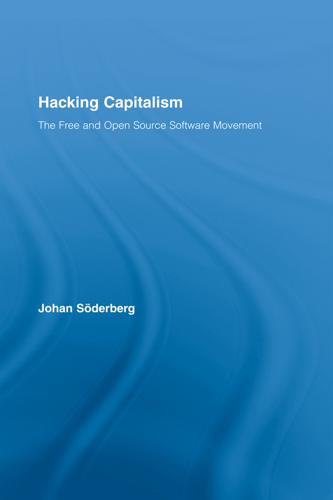
Hacking Capitalism
by Söderberg, Johan; Söderberg, Johan;
. Marxist scholars have followed Marx’s lead and passed over Schiller’s work as a footnote in German, idealist philosophy, with the notable exception of Herbert Marcuse. He declared his indebtedness to Schiller for his own life-long investigation into the liberating potential of aesthetics and play. Marcuse insisted on play as
…
alienated labour by circumventing it. A different labour relation is being invented in the play of FOSS developers. The utopian hopes of Friedrich Schiller and Herbert Marcuse are accentuated with the current development in the computer underground. The chapter reviews scholarly definitions of play, and calls attention to ludic forms of resistance
…
the capitalist relation of production. On a more general note, dis-belief is by now the common response to the modernist notion of historical progress. Herbert Marcuse is iconic for formulating a pessimistic, leftist position on technology. His reproach was not directed against any technology in particular but against technological rationality as
…
involving ‘the most intense exertions’. These last comments throw back the question on Karl Marx and his disparaging of play. One of his many disciples, Herbert Marcuse, made an appropriate observation on the general disregard for play in modern society: “[…] Play is unproductive and useless precisely because it cancels the repressive and
…
of Karl Marx’s harsh words on the topic, a disparate group of socialists have figured that play could become an alternative to alienated labour. Herbert Marcuse is the thinker that most consistently has pursued this line of inquiry. Theories on Liberation, Aesthetics, and Play As the book draws to a close
…
, the many lines of argument converge in the thinking of Herbert Marcuse. He was an idiosyncratic member of the Marxist family. Previous to joining the Frankfurt School, he had been a student of Martin Heidegger. Though Marcuse
…
first and foremost be a product of her senses and not of her reason, an outlook rather consistent with the materialist understanding of human existence. Herbert Marcuse too admitted to the slant of idealism in Schiller’s thinking but maintained that the poet nonetheless had been a radical. Marcuse pointed out a
…
to towards the end of the chapter, the hacker movement enables us to explore their utopian claims with a bit more self-assurance than before. Herbert Marcuse is not the only anti-capitalist to deduce a liberating potential in art from Marx’s critique of alienated labour. Similar thoughts surfaced among nineteenth
…
need to investigate more closely the concept of play. Defining Play from Work We have not specified what unalienated labour is by calling it ‘play’. Herbert Marcuse didn’t dwell on a definition but took the term as rather self-evident. The activity we know as play is familiar to everyone, and
…
an end in itself. If play is instead a means for ideological ends, the activity is not play at all but suspiciously akin to work. Herbert Marcuse made a similar reflection on the relation between art and revolution during the social upheavals in the early twentieth century. The role of aesthetics was
…
the world subject to digitalisation, and, thus, it is a trend likely to continue in the same direction in the future. At the time when Herbert Marcuse expressed his regrets over the inability of imagination and poetry to have real outcomes in the world, the computer industry was just about to prove
…
. Notes to Chapter Seven 1. Kostas Axelos, Alienation, Praxis, and Techné in the Thought of Karl Marx (Austin: University of Texas Press, 1976), 194. 2. Herbert Marcuse, Eros and Civilization—A Philosophical Inquiry into Freud (London: Routledge, 1998), 195, italics in original; hereafter cited in text as Eros. 3
…
. Herbert Marcuse, ”On the Philosophical Foundation of the Concept of Labor in Economics”, Telos, 16 (summer 1973). 4. Georg Lukács, Goethe and His Age (London: Merlin, 1968).
…
5. Georg Lukács, History and Class Consciousness (Cambridge, Mass.: MIT Press, 2000), 140; hereafter cited in text as history. 6. Herbert Marcuse, The Aesthetic Dimension: Toward a Critique of Marxist Aesthetics (Boston: Beacon Press, 1978). 7. Eve Chiapello, “Evolution and Co-optation: The ‘Artist Critique’ of Management
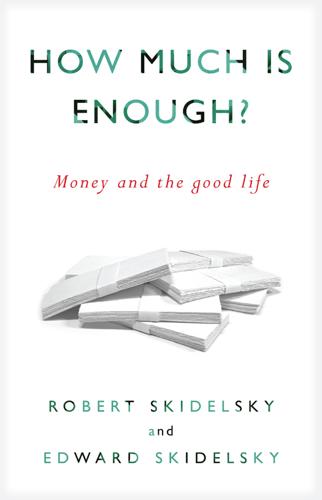
How Much Is Enough?: Money and the Good Life
by Robert Skidelsky and Edward Skidelsky · 18 Jun 2012 · 279pp · 87,910 words
. Keynes, we add in Chapter 2, was not alone in thinking that motives bad in themselves might nonetheless be useful. John Stuart Mill, Karl Marx, Herbert Marcuse—even Adam Smith in bolder moments—all granted such motives a positive role as an agent of historical progress. In the language of myth, Western
…
. The radicalism of the 1960s was a campus phenomenon, theorized and promoted by the professors. Of these, none was more influential than the émigré philosopher Herbert Marcuse, who proclaimed the new doctrine of erotic liberation with heavy Germanic learning. Marcuse’s books Eros and Civilization (1955) and One-Dimensional Man (1964) became
…
to an impenitent and optimistic utopia, which cannot be described in terms of concepts based on an unredeemed world.”49 Despite his often impenetrable prose, Herbert Marcuse was a playful devil. The only truly progressive attitude, he said, was one of denial. “That which is cannot be true” was one of his
…
academic. Two decades later, however, they felt increasingly urgent. A slew of influential books—The Affluent Society by J. K Galbraith, One-Dimensional Man by Herbert Marcuse and The Joyless Economy by Tibor Scitovsky—questioned the equation of “utility” and happiness. Rousseauesque anxieties were rekindled. What if technological progress creates new wants
…
made over for the left by Theodor Adorno and Max Horkheimer after the Second World War and exported to America by Adorno’s old colleague, Herbert Marcuse. (“The ecological movement,” said Marcuse with typical intransigence, “must seek not the mere beautification of the existing Establishment but a radical transformation of the very
…
: Princeton University Press, 2007). 48. Reich, The Greening of America, pp. 381–2. 49. Quoted in Alain Martineau, Herbert Marcuse’s Utopia (Montreal: Harvest House, 1984), p. 7. 50. Quoted ibid., p. 20. 51. Herbert Marcuse, One-Dimensional Man: Studies in the Ideology of Advanced Industrial Society, ed. Douglas Kellner (Boston: Beacon Press, 1991
…
), pp. xlii, xxx. 52. Ibid., p. 246. 53. Herbert Marcuse, Eros and Civilization (New York: Random House, 1961), p. 48. 54. Ibid., p. 260. CHAPTER 3. THE USES OF WEALTH 1. Joseph Schumpeter, History of
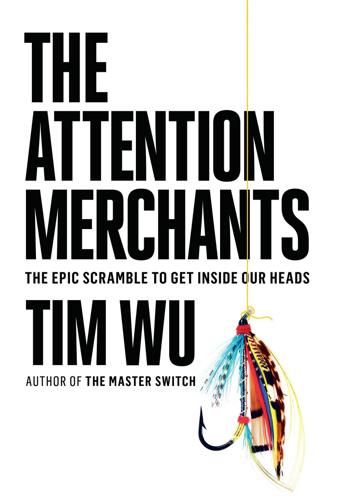
The Attention Merchants: The Epic Scramble to Get Inside Our Heads
by Tim Wu · 14 May 2016 · 515pp · 143,055 words
able to connect Leary’s prescription with the vision of other social critics. Among the most influential of these was another guru of the counterculture, Herbert Marcuse of the “Frankfurt School,” one of a set of German philosophers who’d fled the Third Reich in the 1930s. Marcuse believed that he was
…
Schuster, 2004), 209. 4. Russell Jacoby, The End of Utopia (New York: Basic Books, 1999), 152. 5. Herbert Marcuse, One-Dimensional Man: Studies in the Ideology of Advanced Industrial Society (London: Routledge Classics, 1964), 6; Herbert Marcuse, An Essay on Liberation (Boston: Beacon Press, 1969), ix. 6. Timothy Leary, High Priest (Oakland, CA: Ronin
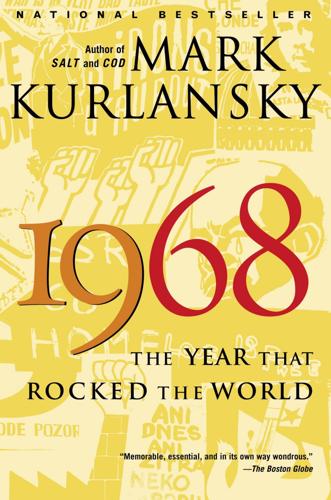
1968: The Year That Rocked the World
by Mark Kurlansky · 30 Dec 2003 · 538pp · 164,533 words
commercial and political style, is one of the many ways in which discourse and communication make themselves immune against the expression of protest and refusal. —HERBERT MARCUSE, One-Dimensional Man, 1964 NO ONE was more surprised to discover a student movement in “the happiest barracks in the Soviet camp” than the students
…
ear. Polish communist youth, not always in agreement with their parents, felt this “unfreedom,” as another extremely popular German writer of the mid-sixties, philosopher Herbert Marcuse, called it. Poland and much of the Soviet bloc exemplified Marcuse’s theory that the communication of opposites obstructed discourse. To criticize the government or
…
Notebooks: “The revolution as myth is the definitive revolution.” By 1968 there was another intellectual it seemed everybody wanted to quote: Marxist-Hegelian revisionist revolutionary Herbert Marcuse. His most appealing idea was what he called “the great refusal,” the time to say “No, this is not acceptable”—another idea that was expressed
…
as recruitment of executives by Dow Chemical, not to mention recruitment of officers by the military. And while universities were famous for their intellectuals like Herbert Marcuse or C. Wright Mills, a more typical product was Harvard’s Henry Kissinger. The Ivy League in particular was known as a bastion of conservative
…
figure was projected to double between 1968 and 1985. It was a widespread belief in the 1960s that American technology would create more leisure time, Herbert Marcuse being one of the few to argue that technology was failing to create leisure time. John Kifner, a young New York Times reporter respected by
…
Pete Seeger. He loved to study, and many of the books he read came from his politically savvy girlfriend, the school intellectual. She even knew Herbert Marcuse’s stepson, Michael Neumann, who later became Rudd’s college roommate. Neumann’s older brother, Tommy, was a member of the affinity group the East
…
not in Eastern Europe to support the invasion. Of the eighty-eight Communist Parties in the world, only ten approved of the invasion. Marxist philosopher Herbert Marcuse called the invasion “the most tragic event of the post-war era.” A few young people in East Germany passed out leaflets of protest. And
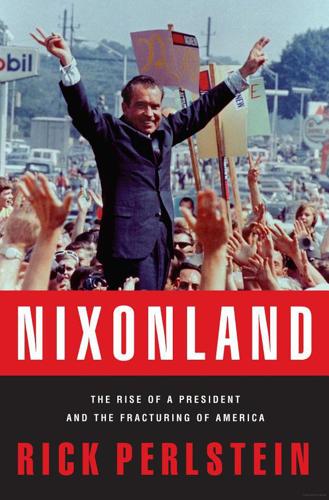
Nixonland: The Rise of a President and the Fracturing of America
by Rick Perlstein · 1 Jan 2008 · 1,351pp · 404,177 words
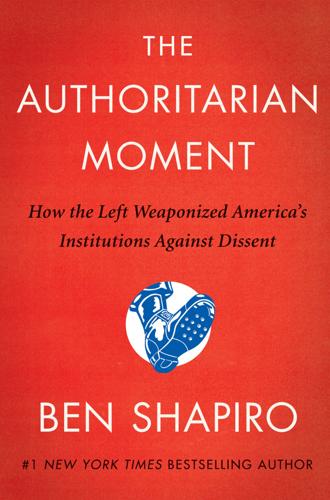
The Authoritarian Moment: How the Left Weaponized America's Institutions Against Dissent
by Ben Shapiro · 26 Jul 2021 · 309pp · 81,243 words
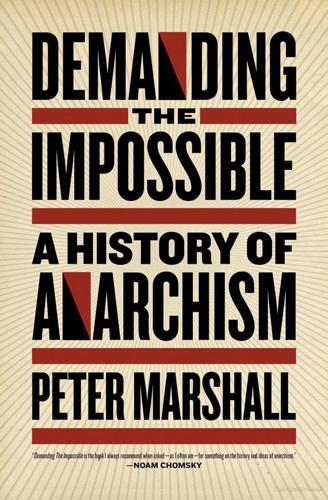
Demanding the Impossible: A History of Anarchism
by Peter Marshall · 2 Jan 1992 · 1,327pp · 360,897 words
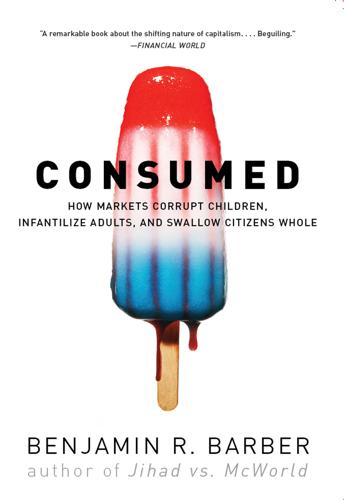
Consumed: How Markets Corrupt Children, Infantilize Adults, and Swallow Citizens Whole
by Benjamin R. Barber · 1 Jan 2007 · 498pp · 145,708 words
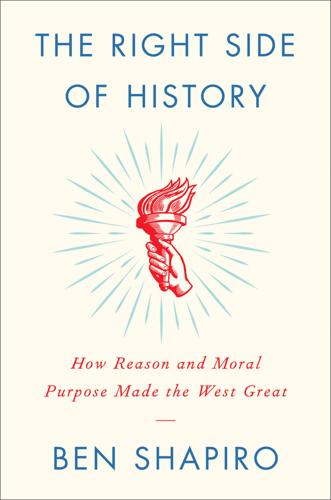
The Right Side of History
by Ben Shapiro · 11 Feb 2019 · 270pp · 71,659 words
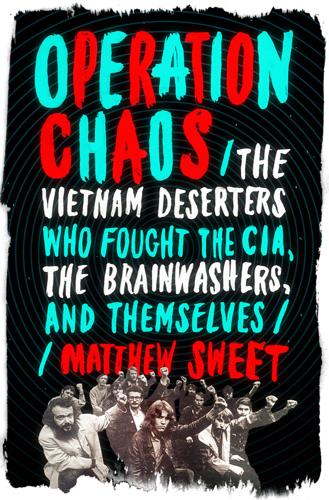
Operation Chaos: The Vietnam Deserters Who Fought the CIA, the Brainwashers, and Themselves
by Matthew Sweet · 13 Feb 2018 · 493pp · 136,235 words
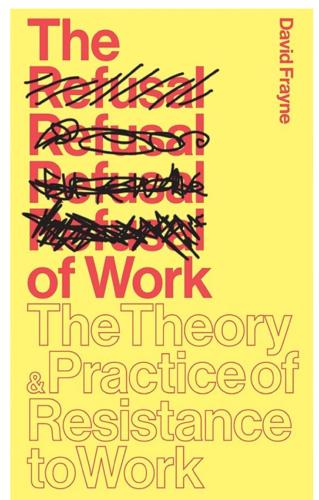
The Refusal of Work: The Theory and Practice of Resistance to Work
by David Frayne · 15 Nov 2015 · 336pp · 83,903 words
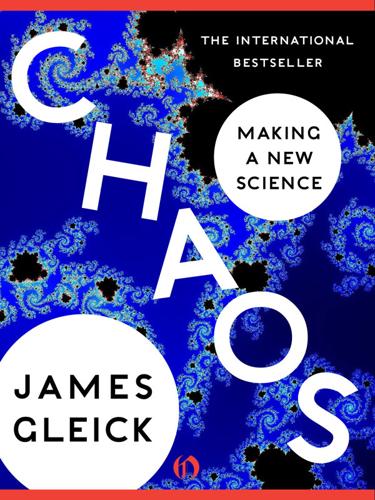
Chaos: Making a New Science
by James Gleick · 18 Oct 2011 · 396pp · 112,748 words
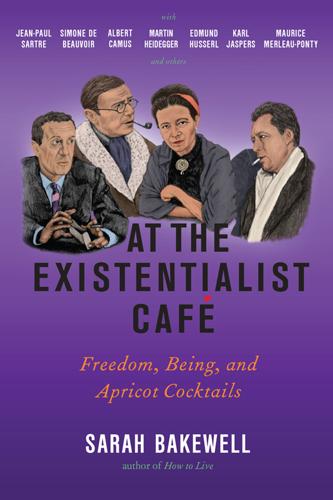
At the Existentialist Café: Freedom, Being, and Apricot Cocktails With Jean-Paul Sartre, Simone De Beauvoir, Albert Camus, Martin Heidegger, Maurice Merleau-Ponty and Others
by Sarah Bakewell · 1 Mar 2016 · 483pp · 144,957 words

Amateurs!: How We Built Internet Culture and Why It Matters
by Joanna Walsh · 22 Sep 2025 · 255pp · 80,203 words
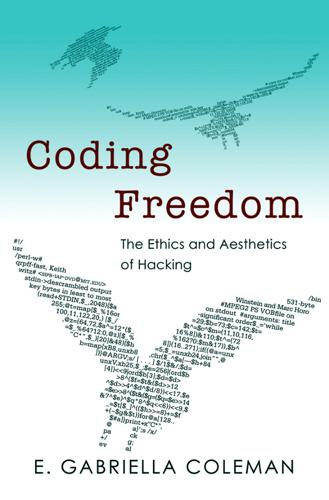
Coding Freedom: The Ethics and Aesthetics of Hacking
by E. Gabriella Coleman · 25 Nov 2012 · 398pp · 107,788 words
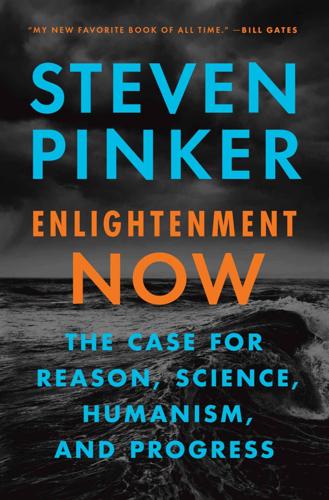
Enlightenment Now: The Case for Reason, Science, Humanism, and Progress
by Steven Pinker · 13 Feb 2018 · 1,034pp · 241,773 words
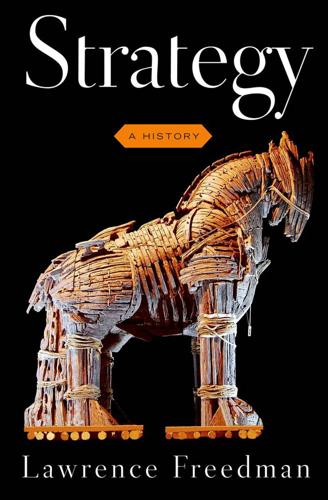
Strategy: A History
by Lawrence Freedman · 31 Oct 2013 · 1,073pp · 314,528 words
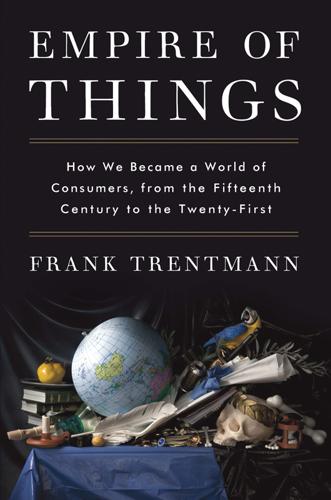
Empire of Things: How We Became a World of Consumers, From the Fifteenth Century to the Twenty-First
by Frank Trentmann · 1 Dec 2015 · 1,213pp · 376,284 words
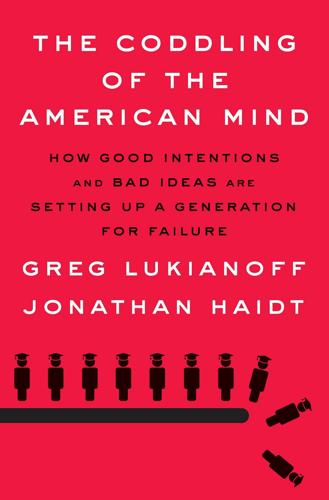
The Coddling of the American Mind: How Good Intentions and Bad Ideas Are Setting Up a Generation for Failure
by Greg Lukianoff and Jonathan Haidt · 14 Jun 2018 · 531pp · 125,069 words
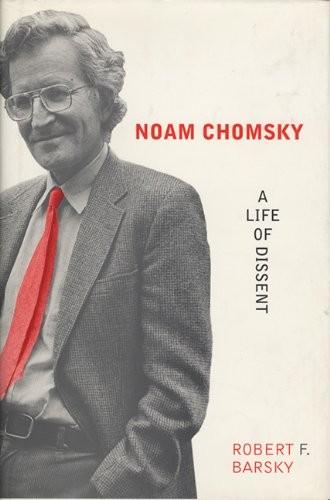
Noam Chomsky: A Life of Dissent
by Robert F. Barsky · 2 Feb 1997
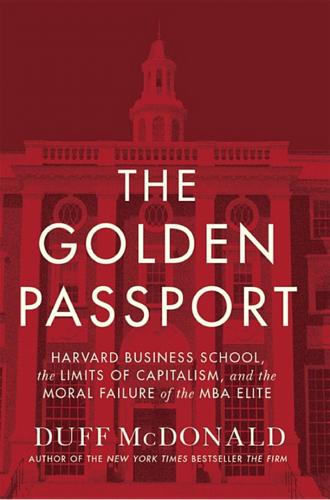
The Golden Passport: Harvard Business School, the Limits of Capitalism, and the Moral Failure of the MBA Elite
by Duff McDonald · 24 Apr 2017 · 827pp · 239,762 words
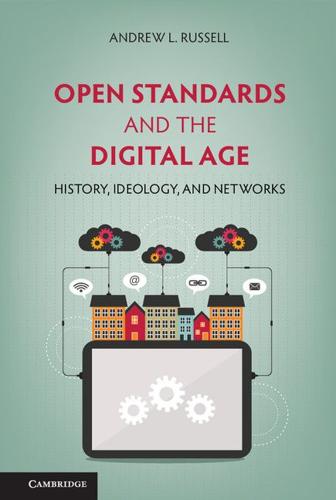
Open Standards and the Digital Age: History, Ideology, and Networks (Cambridge Studies in the Emergence of Global Enterprise)
by Andrew L. Russell · 27 Apr 2014 · 675pp · 141,667 words
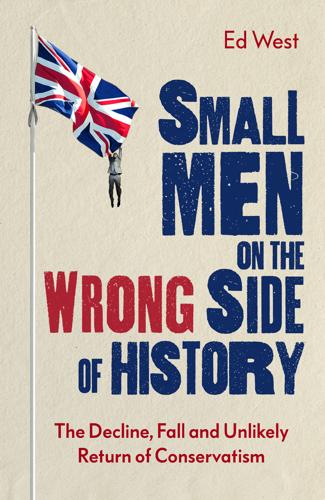
Small Men on the Wrong Side of History: The Decline, Fall and Unlikely Return of Conservatism
by Ed West · 19 Mar 2020 · 530pp · 147,851 words
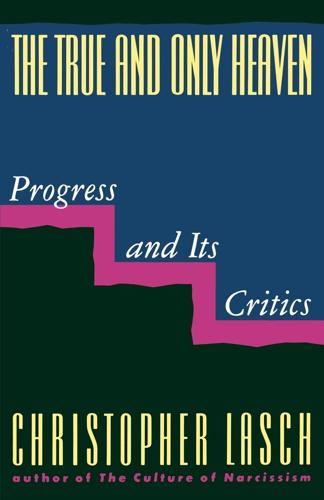
The True and Only Heaven: Progress and Its Critics
by Christopher Lasch · 16 Sep 1991 · 669pp · 226,737 words
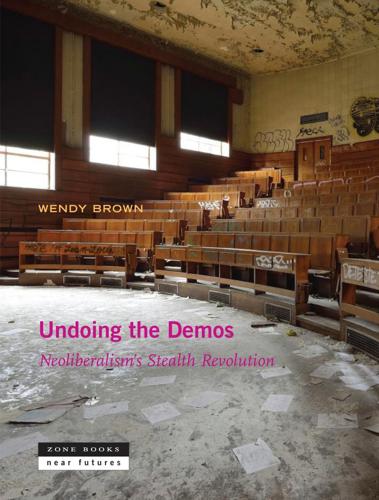
Undoing the Demos: Neoliberalism's Stealth Revolution
by Wendy Brown · 6 Feb 2015
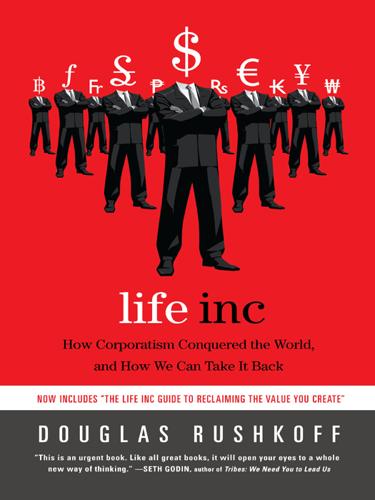
Life Inc.: How the World Became a Corporation and How to Take It Back
by Douglas Rushkoff · 1 Jun 2009 · 422pp · 131,666 words
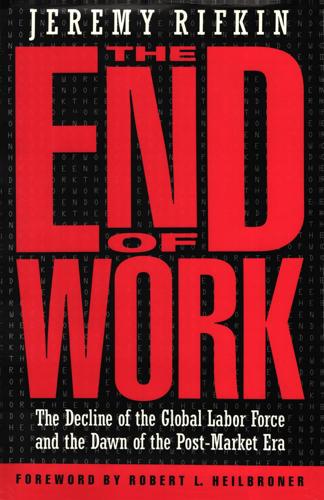
The End of Work
by Jeremy Rifkin · 28 Dec 1994 · 372pp · 152 words
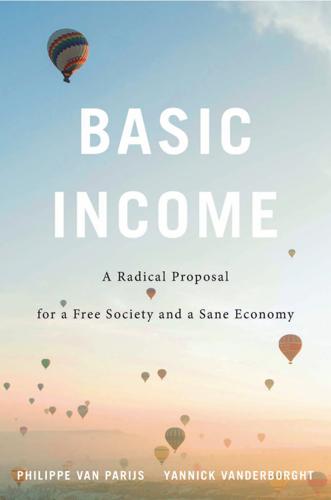
Basic Income: A Radical Proposal for a Free Society and a Sane Economy
by Philippe van Parijs and Yannick Vanderborght · 20 Mar 2017
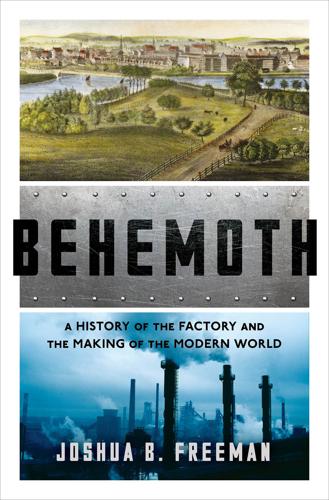
Behemoth: A History of the Factory and the Making of the Modern World
by Joshua B. Freeman · 27 Feb 2018 · 538pp · 145,243 words
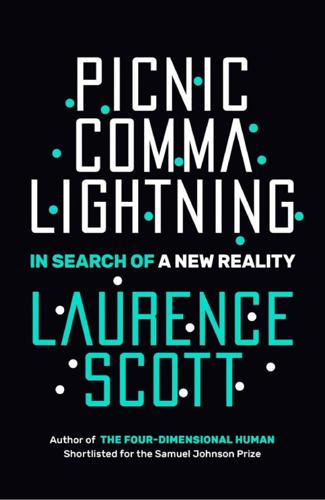
Picnic Comma Lightning: In Search of a New Reality
by Laurence Scott · 11 Jul 2018 · 244pp · 81,334 words
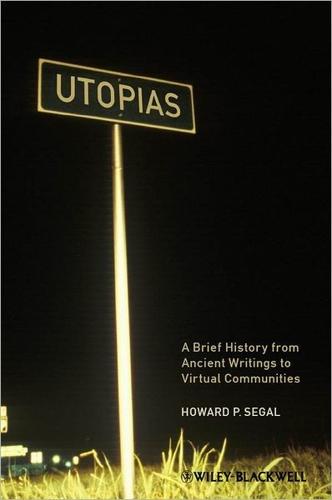
Utopias: A Brief History From Ancient Writings to Virtual Communities
by Howard P. Segal · 20 May 2012 · 299pp · 19,560 words

Why the Jews?: The Reason for Antisemitism
by Dennis Prager and Joseph Telushkin · 1 Nov 2007 · 289pp · 81,679 words
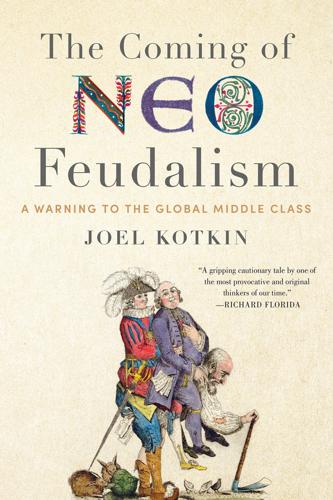
The Coming of Neo-Feudalism: A Warning to the Global Middle Class
by Joel Kotkin · 11 May 2020 · 393pp · 91,257 words
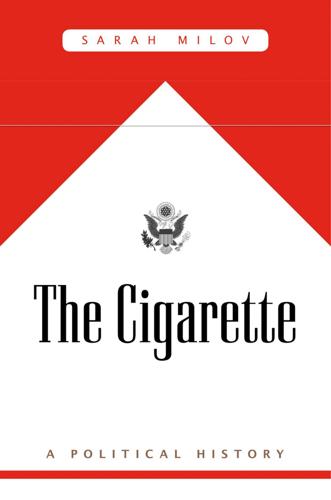
The Cigarette: A Political History
by Sarah Milov · 1 Oct 2019
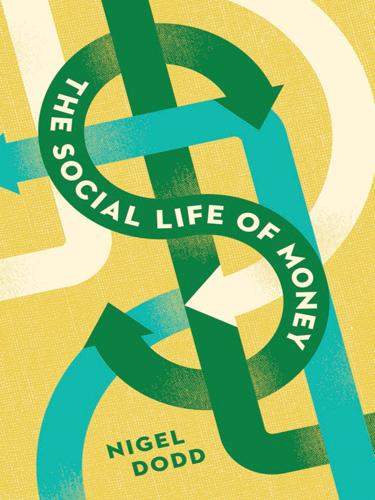
The Social Life of Money
by Nigel Dodd · 14 May 2014 · 700pp · 201,953 words
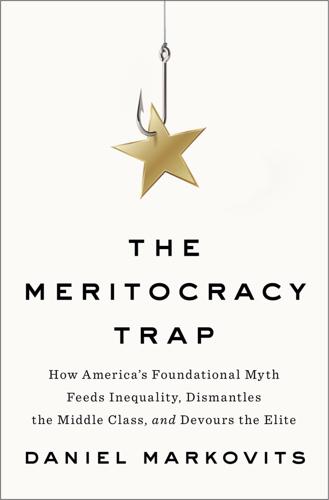
The Meritocracy Trap: How America's Foundational Myth Feeds Inequality, Dismantles the Middle Class, and Devours the Elite
by Daniel Markovits · 14 Sep 2019 · 976pp · 235,576 words
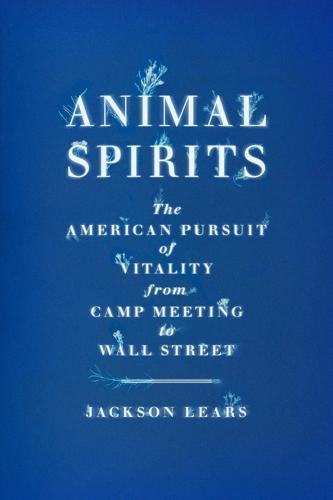
Animal Spirits: The American Pursuit of Vitality From Camp Meeting to Wall Street
by Jackson Lears
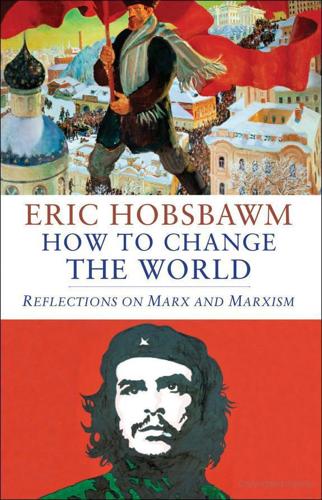
How to Change the World: Reflections on Marx and Marxism
by Eric Hobsbawm · 5 Sep 2011 · 621pp · 157,263 words
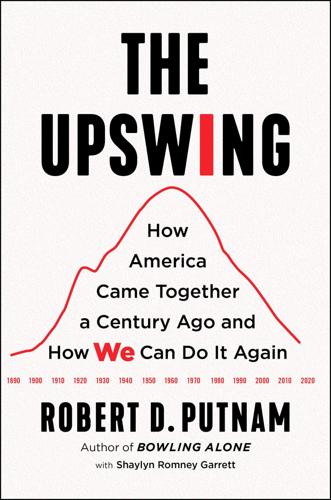
The Upswing: How America Came Together a Century Ago and How We Can Do It Again
by Robert D. Putnam · 12 Oct 2020 · 678pp · 160,676 words
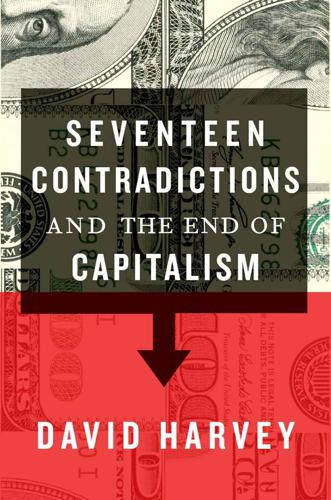
Seventeen Contradictions and the End of Capitalism
by David Harvey · 3 Apr 2014 · 464pp · 116,945 words
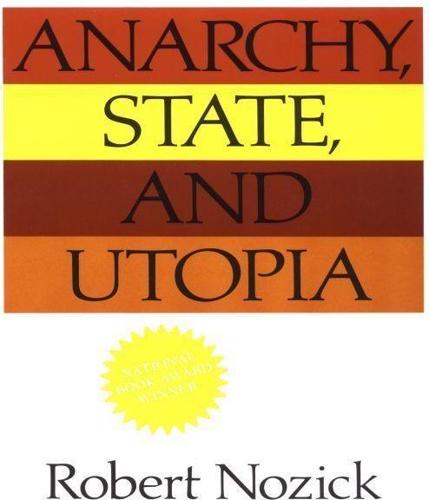
Anarchy State and Utopia
by Robert Nozick · 15 Mar 1974 · 524pp · 146,798 words
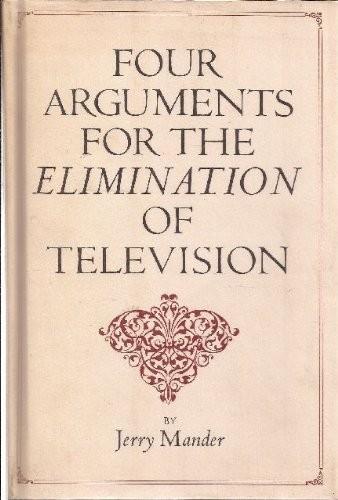
Four Arguments for the Elimination of Television
by Jerry Mander · 1 Jan 1977
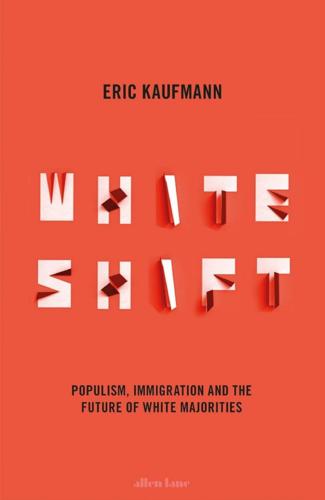
Whiteshift: Populism, Immigration and the Future of White Majorities
by Eric Kaufmann · 24 Oct 2018 · 691pp · 203,236 words
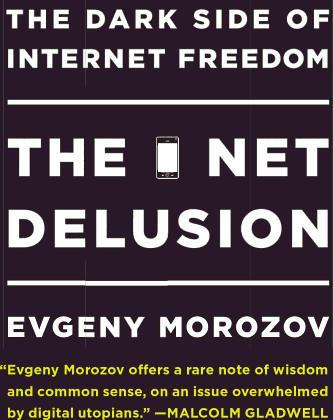
The Net Delusion: The Dark Side of Internet Freedom
by Evgeny Morozov · 16 Nov 2010 · 538pp · 141,822 words

The Perfect Thing: How the iPod Shuffles Commerce, Culture, and Coolness
by Steven Levy · 23 Oct 2006 · 297pp · 89,820 words
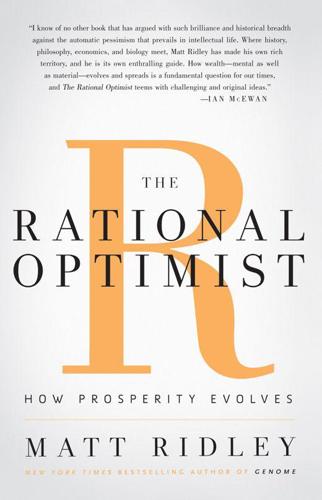
The Rational Optimist: How Prosperity Evolves
by Matt Ridley · 17 May 2010 · 462pp · 150,129 words
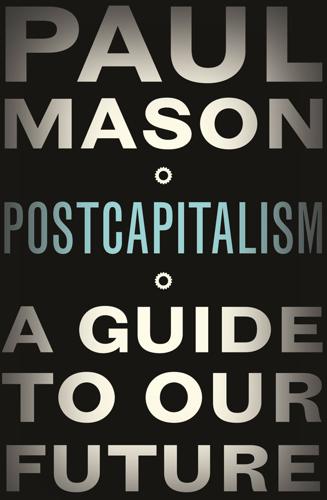
Postcapitalism: A Guide to Our Future
by Paul Mason · 29 Jul 2015 · 378pp · 110,518 words
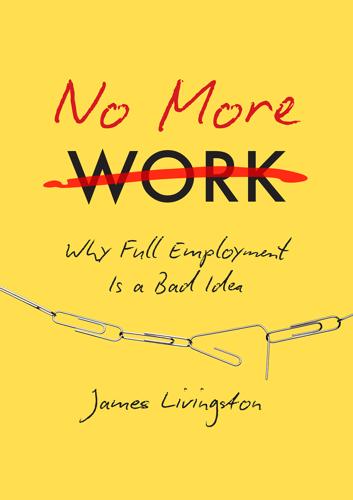
No More Work: Why Full Employment Is a Bad Idea
by James Livingston · 15 Feb 2016 · 90pp · 27,452 words
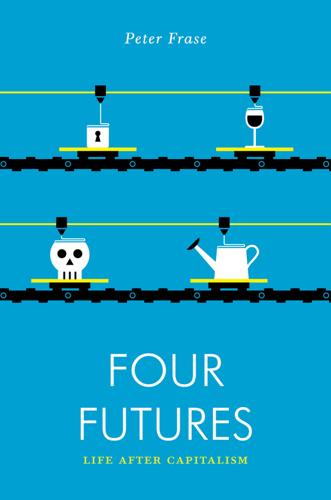
Four Futures: Life After Capitalism
by Peter Frase · 10 Mar 2015 · 121pp · 36,908 words
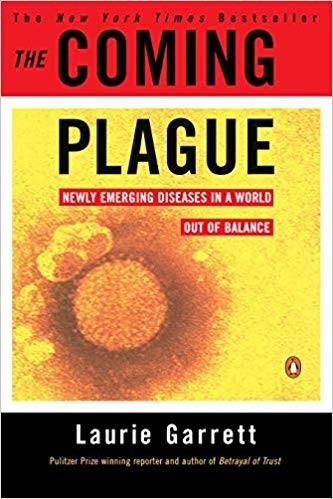
The Coming Plague: Newly Emerging Diseases in a World Out of Balance
by Laurie Garrett · 31 Oct 1994 · 1,293pp · 357,735 words
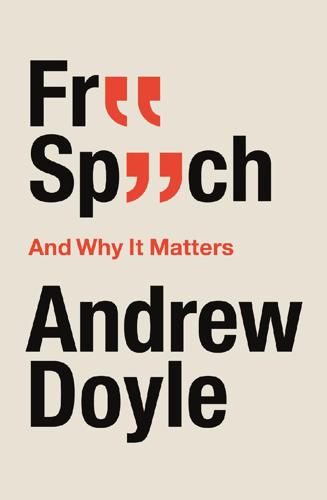
Free Speech And Why It Matters
by Andrew Doyle · 24 Feb 2021 · 137pp · 35,041 words
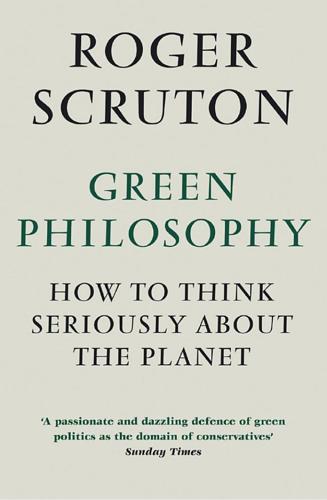
Green Philosophy: How to Think Seriously About the Planet
by Roger Scruton · 30 Apr 2014 · 426pp · 118,913 words

A History of Modern Britain
by Andrew Marr · 2 Jul 2009 · 872pp · 259,208 words
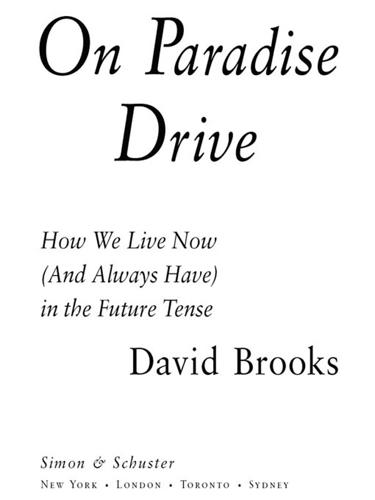
On Paradise Drive: How We Live Now (And Always Have) in the Future Tense
by David Brooks · 2 Jun 2004 · 262pp · 79,469 words
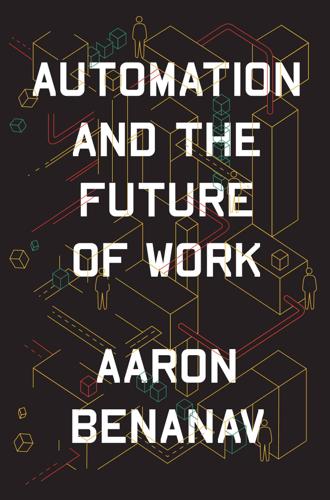
Automation and the Future of Work
by Aaron Benanav · 3 Nov 2020 · 175pp · 45,815 words

On Breathing
by Jamieson Webster · 20 Feb 2025 · 198pp · 63,059 words
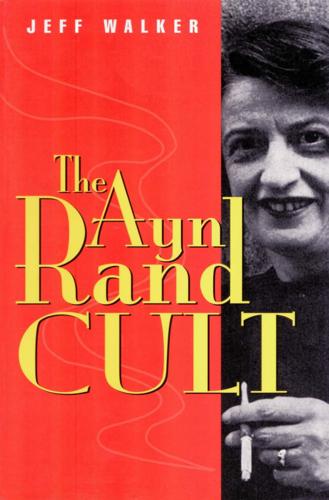
Ayn Rand Cult
by Jeff Walker · 30 Dec 1998 · 525pp · 146,126 words
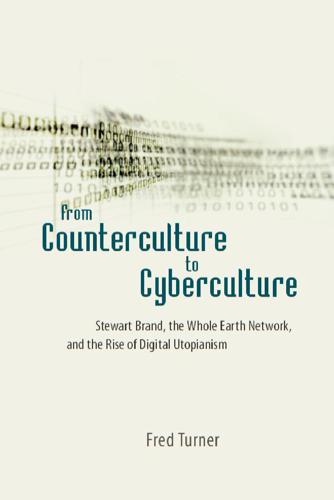
From Counterculture to Cyberculture: Stewart Brand, the Whole Earth Network, and the Rise of Digital Utopianism
by Fred Turner · 31 Aug 2006 · 339pp · 57,031 words
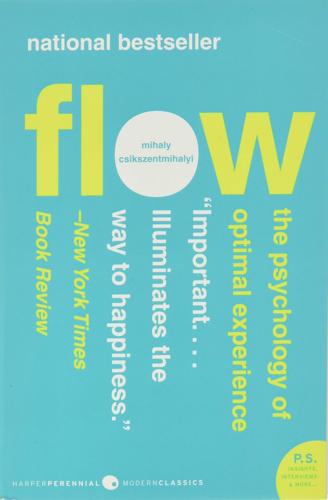
Flow: The Psychology of Optimal Experience
by Mihaly Csikszentmihalyi · 1 Jul 2008 · 453pp · 132,400 words
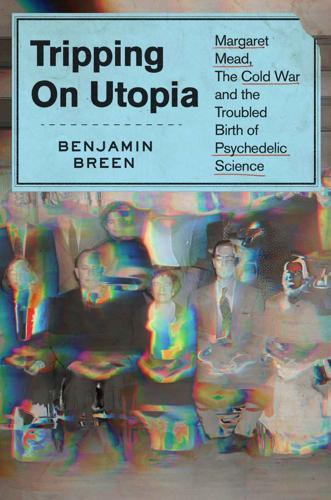
Tripping on Utopia: Margaret Mead, the Cold War, and the Troubled Birth of Psychedelic Science
by Benjamin Breen · 16 Jan 2024 · 384pp · 118,573 words
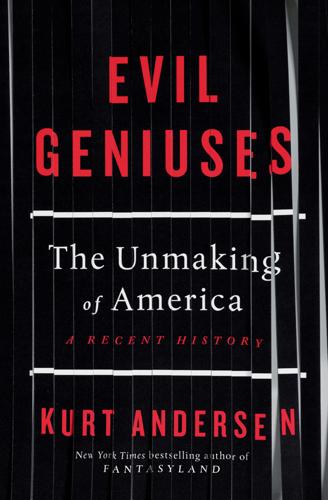
Evil Geniuses: The Unmaking of America: A Recent History
by Kurt Andersen · 14 Sep 2020 · 486pp · 150,849 words

Overdosed America: The Broken Promise of American Medicine
by John Abramson · 20 Sep 2004 · 436pp · 123,488 words

The Shipwrecked Mind: On Political Reaction
by Mark Lilla · 19 Oct 2015 · 113pp · 36,039 words
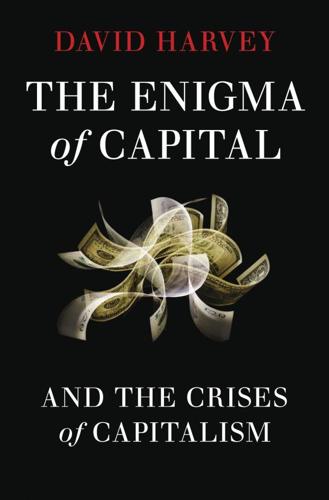
The Enigma of Capital: And the Crises of Capitalism
by David Harvey · 1 Jan 2010 · 369pp · 94,588 words
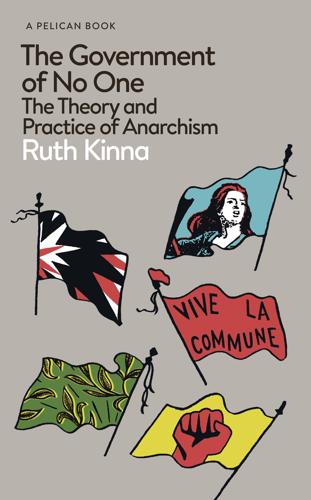
The Government of No One: The Theory and Practice of Anarchism
by Ruth Kinna · 31 Jul 2019 · 405pp · 103,723 words
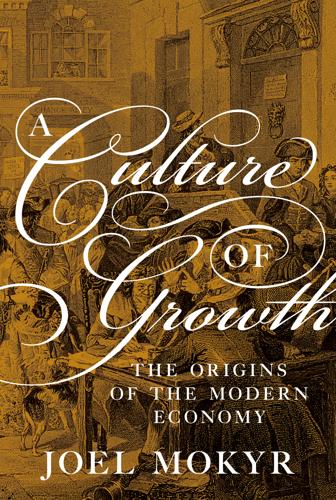
A Culture of Growth: The Origins of the Modern Economy
by Joel Mokyr · 8 Jan 2016 · 687pp · 189,243 words

The Atlantic and Its Enemies: A History of the Cold War
by Norman Stone · 15 Feb 2010 · 851pp · 247,711 words
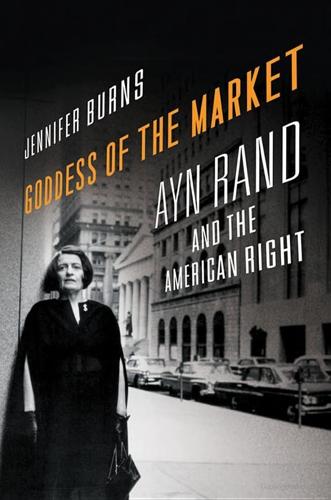
Goddess of the Market: Ayn Rand and the American Right
by Jennifer Burns · 18 Oct 2009 · 495pp · 144,101 words
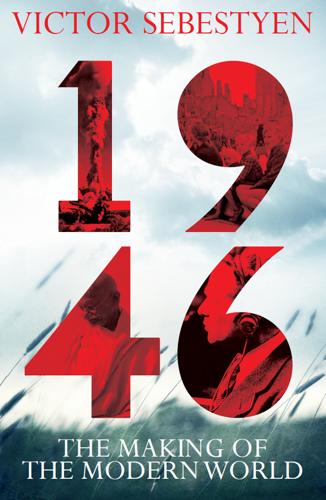
1946: The Making of the Modern World
by Victor Sebestyen · 30 Sep 2014 · 476pp · 144,288 words
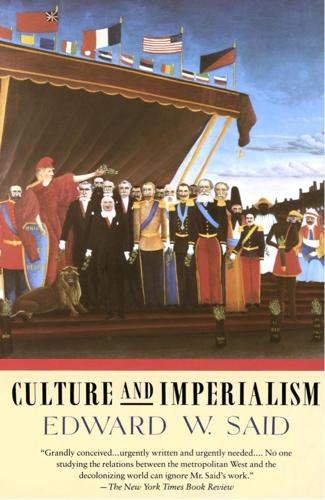
Culture and Imperialism
by Edward W. Said · 29 May 1994 · 549pp · 170,495 words
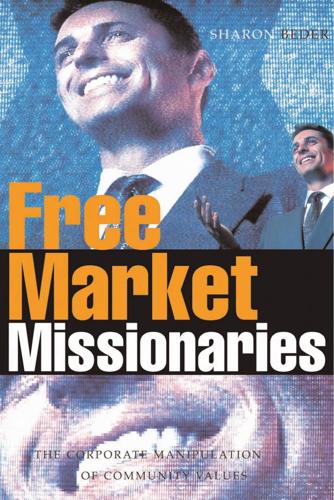
Free Market Missionaries: The Corporate Manipulation of Community Values
by Sharon Beder · 30 Sep 2006 · 273pp · 34,920 words
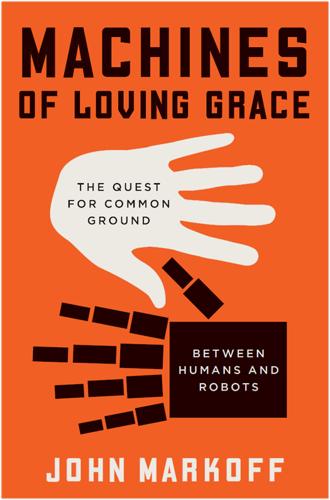
Machines of Loving Grace: The Quest for Common Ground Between Humans and Robots
by John Markoff · 24 Aug 2015 · 413pp · 119,587 words

Roller-Coaster: Europe, 1950-2017
by Ian Kershaw · 29 Aug 2018 · 736pp · 233,366 words
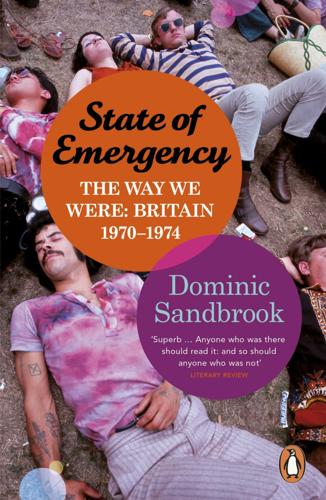
State of Emergency: The Way We Were
by Dominic Sandbrook · 29 Sep 2010 · 932pp · 307,785 words
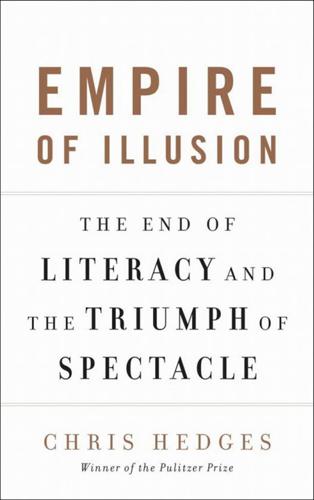
Empire of Illusion: The End of Literacy and the Triumph of Spectacle
by Chris Hedges · 12 Jul 2009 · 373pp · 80,248 words

Stories Are Weapons: Psychological Warfare and the American Mind
by Annalee Newitz · 3 Jun 2024 · 251pp · 68,713 words
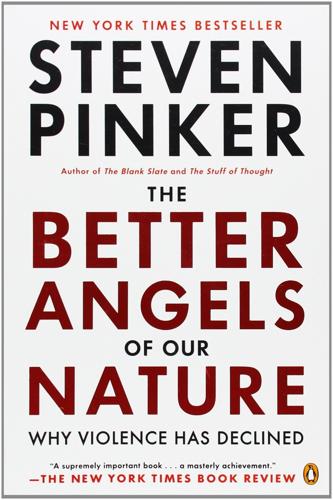
The Better Angels of Our Nature: Why Violence Has Declined
by Steven Pinker · 24 Sep 2012 · 1,351pp · 385,579 words

In Europe
by Geert Mak · 15 Sep 2004
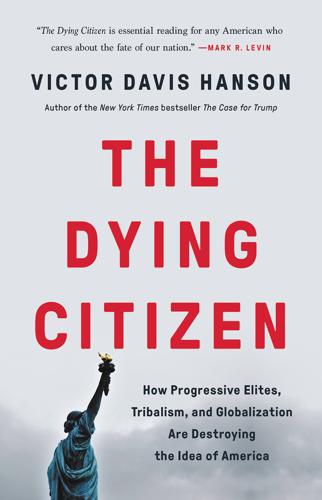
The Dying Citizen: How Progressive Elites, Tribalism, and Globalization Are Destroying the Idea of America
by Victor Davis Hanson · 15 Nov 2021 · 458pp · 132,912 words
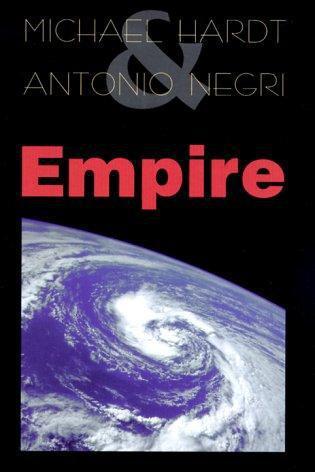
Empire
by Michael Hardt and Antonio Negri · 9 Mar 2000 · 1,015pp · 170,908 words
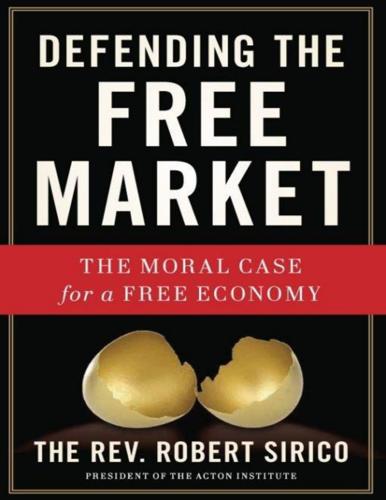
Defending the Free Market: The Moral Case for a Free Economy
by Robert A. Sirico · 20 May 2012 · 267pp · 70,250 words
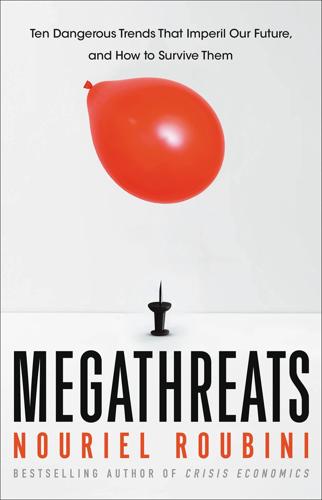
MegaThreats: Ten Dangerous Trends That Imperil Our Future, and How to Survive Them
by Nouriel Roubini · 17 Oct 2022 · 328pp · 96,678 words
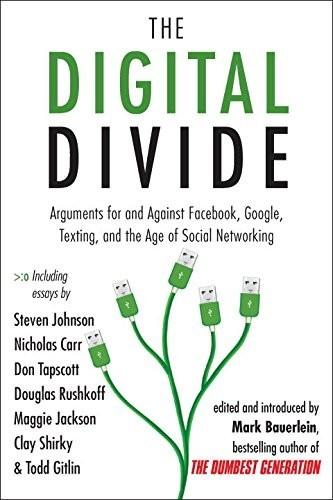
The Digital Divide: Arguments for and Against Facebook, Google, Texting, and the Age of Social Netwo Rking
by Mark Bauerlein · 7 Sep 2011 · 407pp · 103,501 words
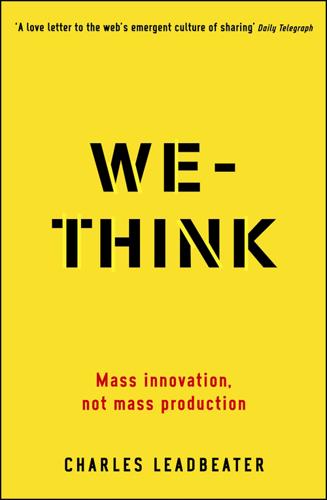
We-Think: Mass Innovation, Not Mass Production
by Charles Leadbeater · 9 Dec 2010 · 313pp · 84,312 words

Remix
by John Courtenay Grimwood · 15 Nov 2001
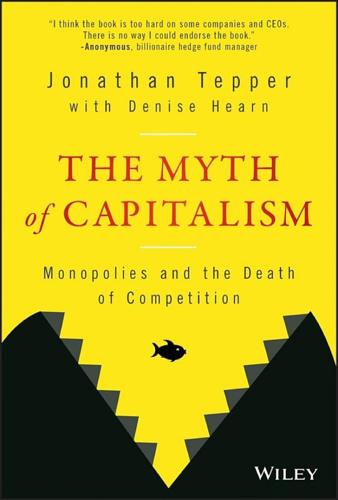
The Myth of Capitalism: Monopolies and the Death of Competition
by Jonathan Tepper · 20 Nov 2018 · 417pp · 97,577 words

Break Through: Why We Can't Leave Saving the Planet to Environmentalists
by Michael Shellenberger and Ted Nordhaus · 10 Mar 2009 · 454pp · 107,163 words
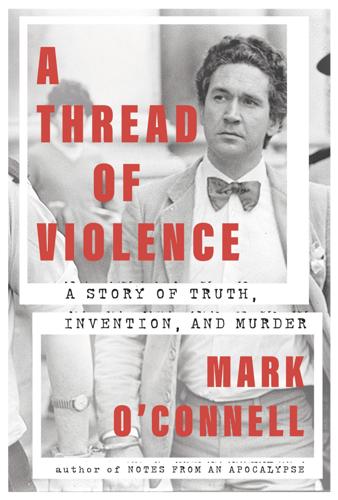
A Thread of Violence: A Story of Truth, Invention, and Murder
by Mark O'Connell · 27 Jun 2023 · 245pp · 82,536 words
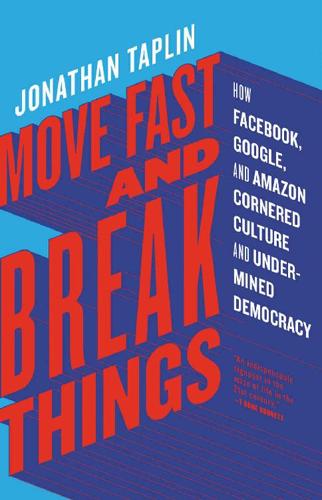
Move Fast and Break Things: How Facebook, Google, and Amazon Cornered Culture and Undermined Democracy
by Jonathan Taplin · 17 Apr 2017 · 222pp · 70,132 words

Kill All Normies: Online Culture Wars From 4Chan and Tumblr to Trump and the Alt-Right
by Angela Nagle · 6 Jun 2017 · 122pp · 38,022 words
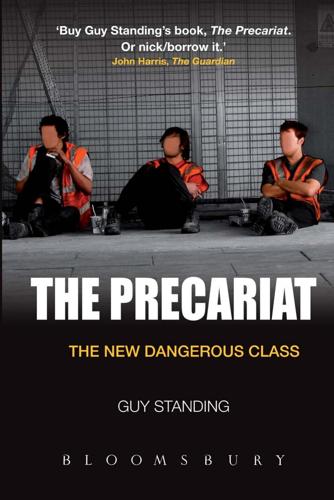
The Precariat: The New Dangerous Class
by Guy Standing · 27 Feb 2011 · 209pp · 89,619 words
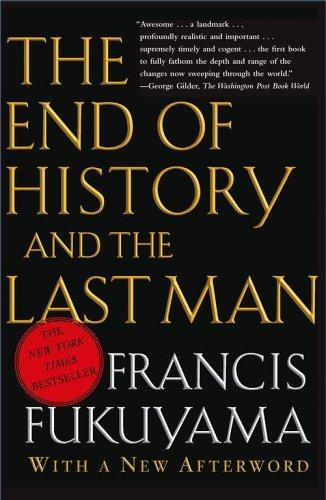
The end of history and the last man
by Francis Fukuyama · 28 Feb 2006 · 446pp · 578 words
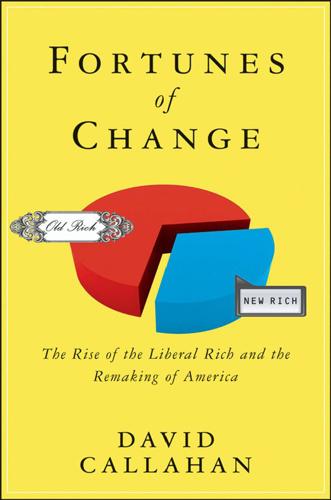
Fortunes of Change: The Rise of the Liberal Rich and the Remaking of America
by David Callahan · 9 Aug 2010
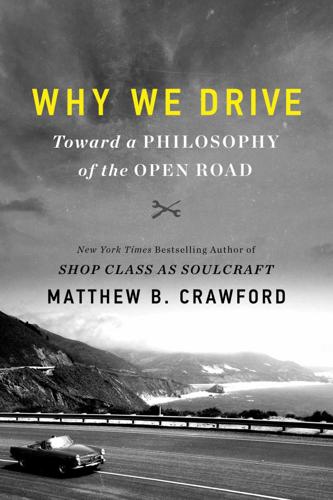
Why We Drive: Toward a Philosophy of the Open Road
by Matthew B. Crawford · 8 Jun 2020 · 386pp · 113,709 words
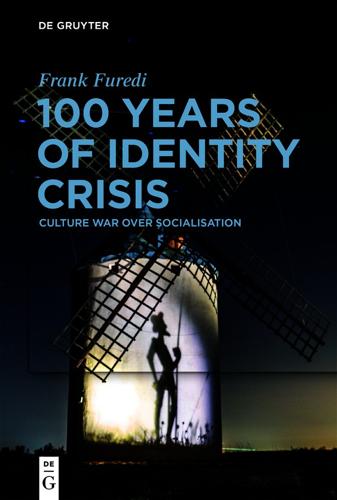
100 Years of Identity Crisis: Culture War Over Socialisation
by Frank Furedi · 6 Sep 2021 · 535pp · 103,761 words
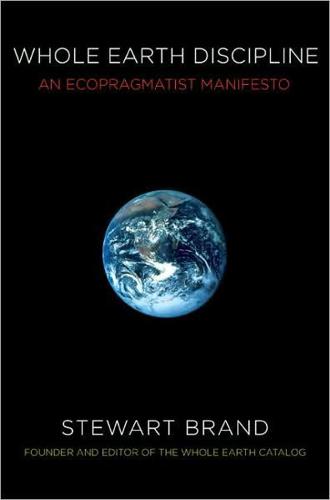
Whole Earth Discipline: An Ecopragmatist Manifesto
by Stewart Brand · 15 Mar 2009 · 422pp · 113,525 words
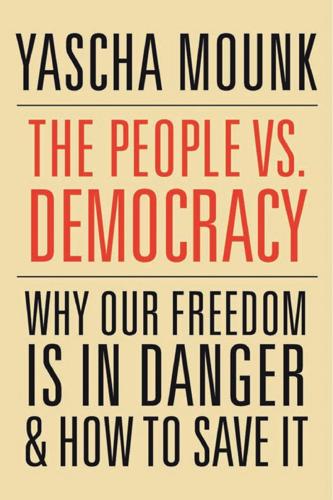
The People vs. Democracy: Why Our Freedom Is in Danger and How to Save It
by Yascha Mounk · 15 Feb 2018 · 497pp · 123,778 words
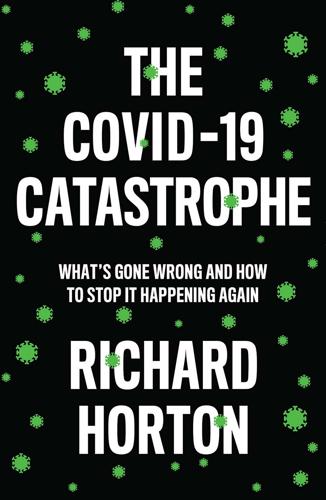
The COVID-19 Catastrophe: What's Gone Wrong and How to Stop It Happening Again
by Richard Horton · 31 May 2020 · 106pp · 33,210 words
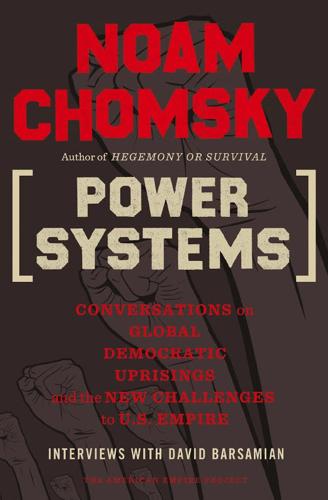
Power Systems: Conversations on Global Democratic Uprisings and the New Challenges to U.S. Empire
by Noam Chomsky and David Barsamian · 1 Nov 2012

France (Lonely Planet, 8th Edition)
by Nicola Williams · 14 Oct 2010
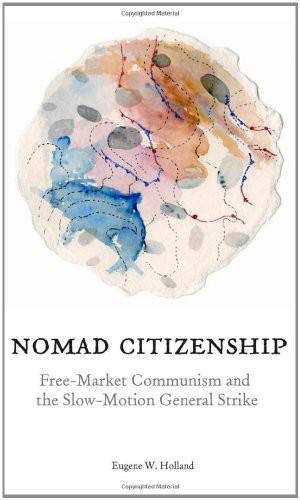
Nomad Citizenship: Free-Market Communism and the Slow-Motion General Strike
by Eugene W. Holland · 1 Jan 2009 · 265pp · 15,515 words

Lonely Planet France
by Lonely Planet Publications · 31 Mar 2013
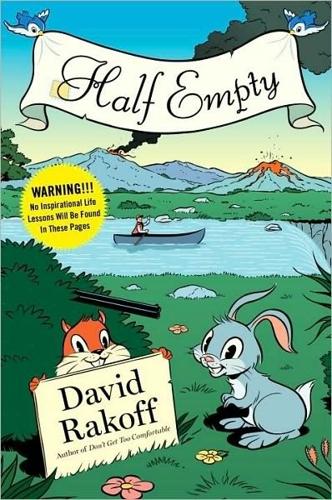
Half Empty
by David Rakoff · 20 Sep 2010 · 181pp · 62,775 words